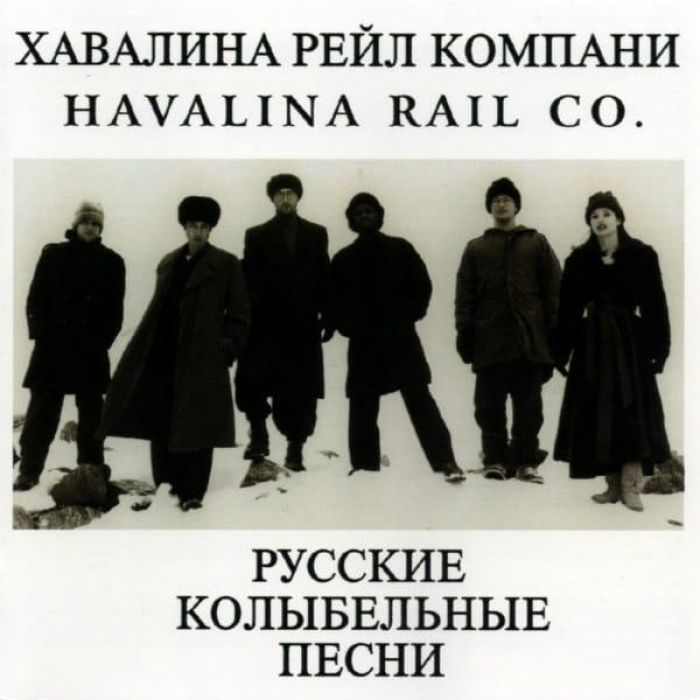Russian Lullabies by Havalina (Review)

Russian Lullabies was inspired by Havalina frontman Matt Wignall’s honeymoon in his wife’s native Lithuania. While there, he was unable to find any authentic traditional music; to his dismay, all he heard were Lithuanian takes on Western music like “Macarena.” And so, Wignall decided to make his own “authentic” Lithuanian music, based on his impressions of the country.
Much like its follow-up album America (1999, Jackson Rubio), Russian Lullabies is a romanticized album. It’s less about a true representation of Eastern music and more about crafting an idealized version of Eastern music as Wignall and his bandmates envision it. As such, ethnomusicologists might take some issue with Russian Lullabies. The rest of us, though, can sit back and enjoy one of the finest albums to emerge from Christendom’s fringes.
Whereas Havalina’s previous albums — 1994’s self-titled debut and 1996’s The Diamond in the Fish — were a charming (if scattershot) blend of lounge, jazz, zydeco, and a half-dozen other genres that inexplicably got the band lumped in with the “swing revival” of the mid-to-late ’90s, Russian Lullabies is more enigmatic and soulful. But it kicks off with verve and swagger thanks to the three-song salvo of “Tundra,” “Kaliningrad,” and “Twilight Time.” Veering from shuffling folk-rock to rollicking surf riffs to shadowy lounge, they’re three of Havalina’s most signature tunes. (On a more personal note, listening to them always brings back fond memories of Havalina’s epic midnight performances at the Cornerstone Festival.)
This being Havalina, Russian Lullabies contains some twists and turns. You have instrumental pieces like “Traffic in Moscow,” “Before Ararat,” and “Rivers of Russia” that resemble avant-garde jazz and/or contain wintry piano and string arrangements. Meanwhile, there’s the haunting acoustic piece “Winter” which, in keeping with Havalina’s romanticized approach, sounds like the epitome of a traditional Eastern European folk song.
Because of eccentricities like these, it can be tempting to accuse Havalina of making quirky music for its own sake. However, such a charge can’t be leveled at “Total Depravity,” arguably the band’s most blatantly spiritual song. It’s also one of their finest, as Wignall ruminates on human frailty and foolishness before confessing “In a manner of speaking, I’ve become so blind/It’s a wonder you keep me/It’s a wonder I can shine” while backed by somber saxophone. And it’s followed by “The Sensual Song,” one of Havalina’s loveliest pieces, full of ethereal female vocals, shimmering Rhodes piano, swirling sax, and sorrowful violin.
By their very nature and chosen music styles, Havalina always flew under the radar during their existence. Even when signed to a relatively large label (Tooth & Nail Records), they were frequently (and sadly) overshadowed by that label’s countless punk, hardcore, and indie-rock offerings. But as a self-released album, I fear Russian Lullabies has been even more ignored and overlooked. Which is a true shame. An album this unique and singular, particularly in Christian circles, deserves so much more acclaim and recognition.
Although Russian Lullabies has long been out of print, you can download the album here.